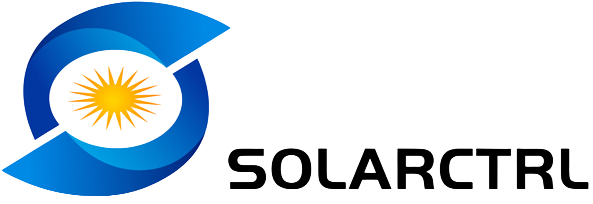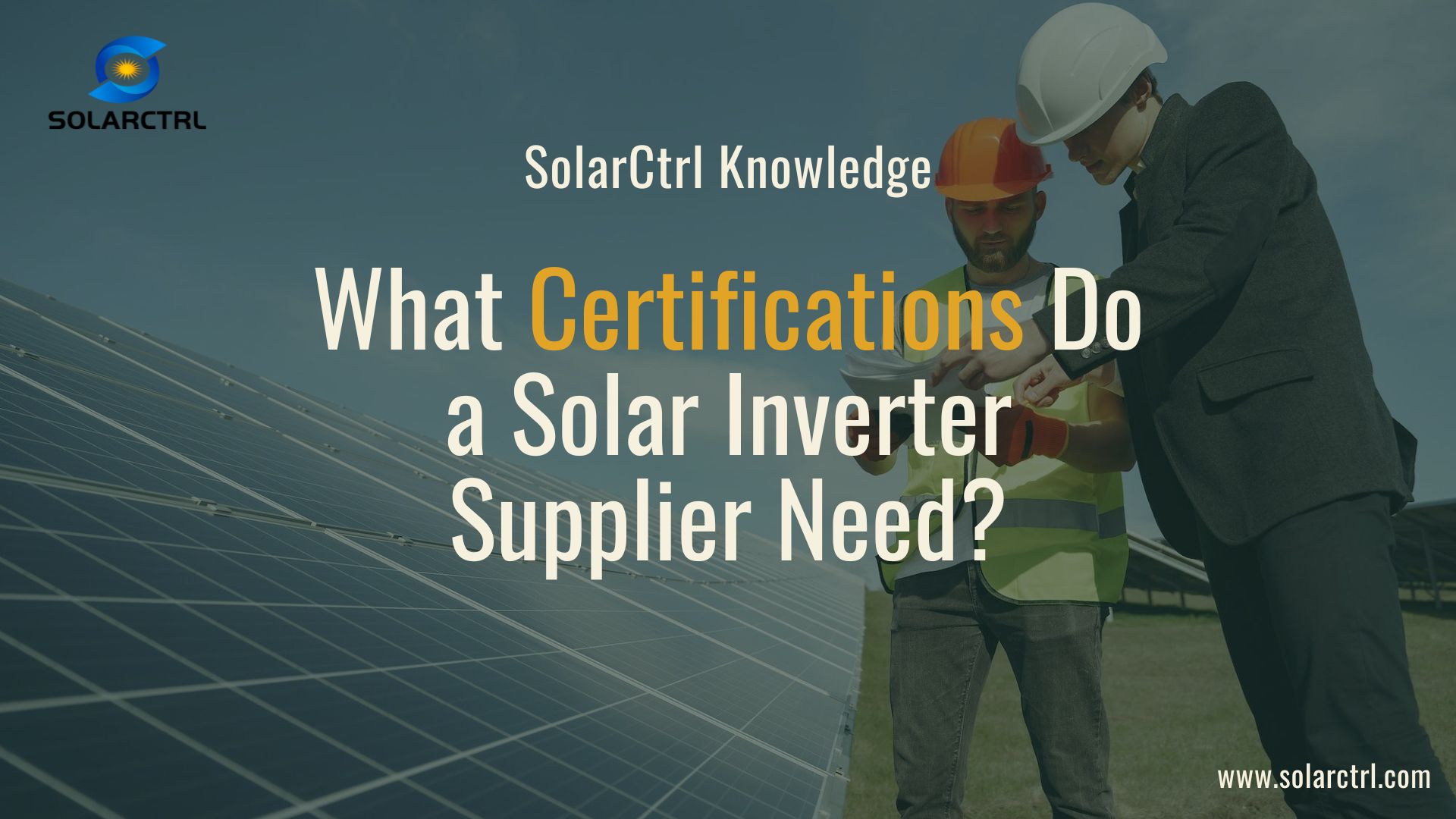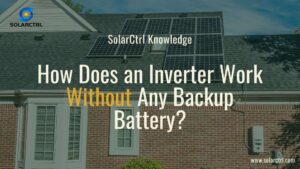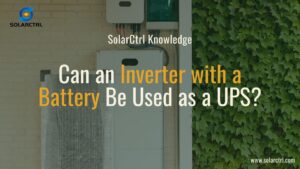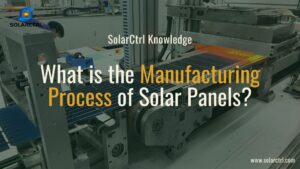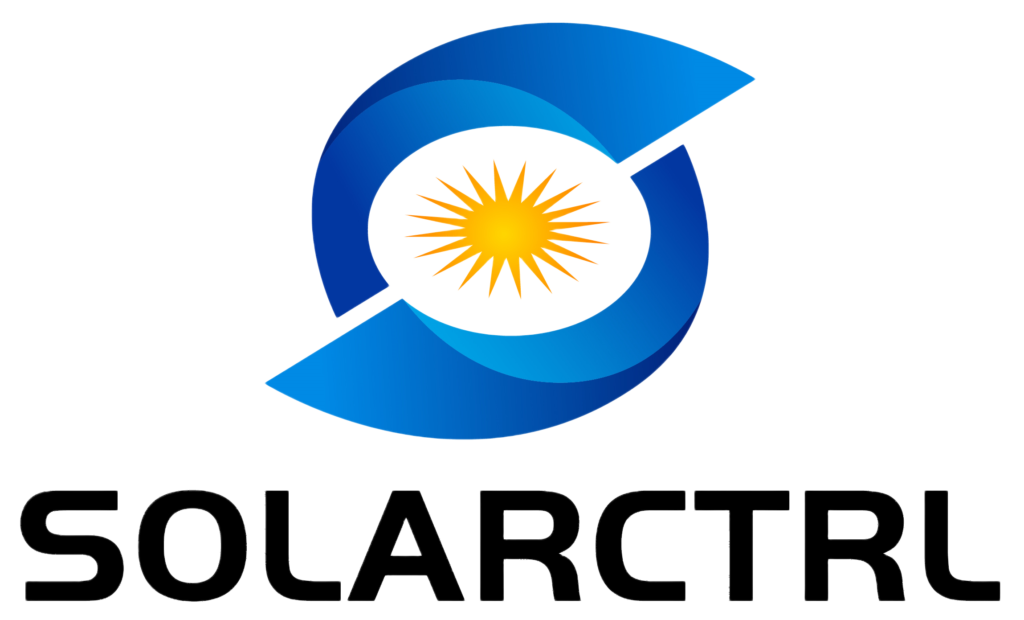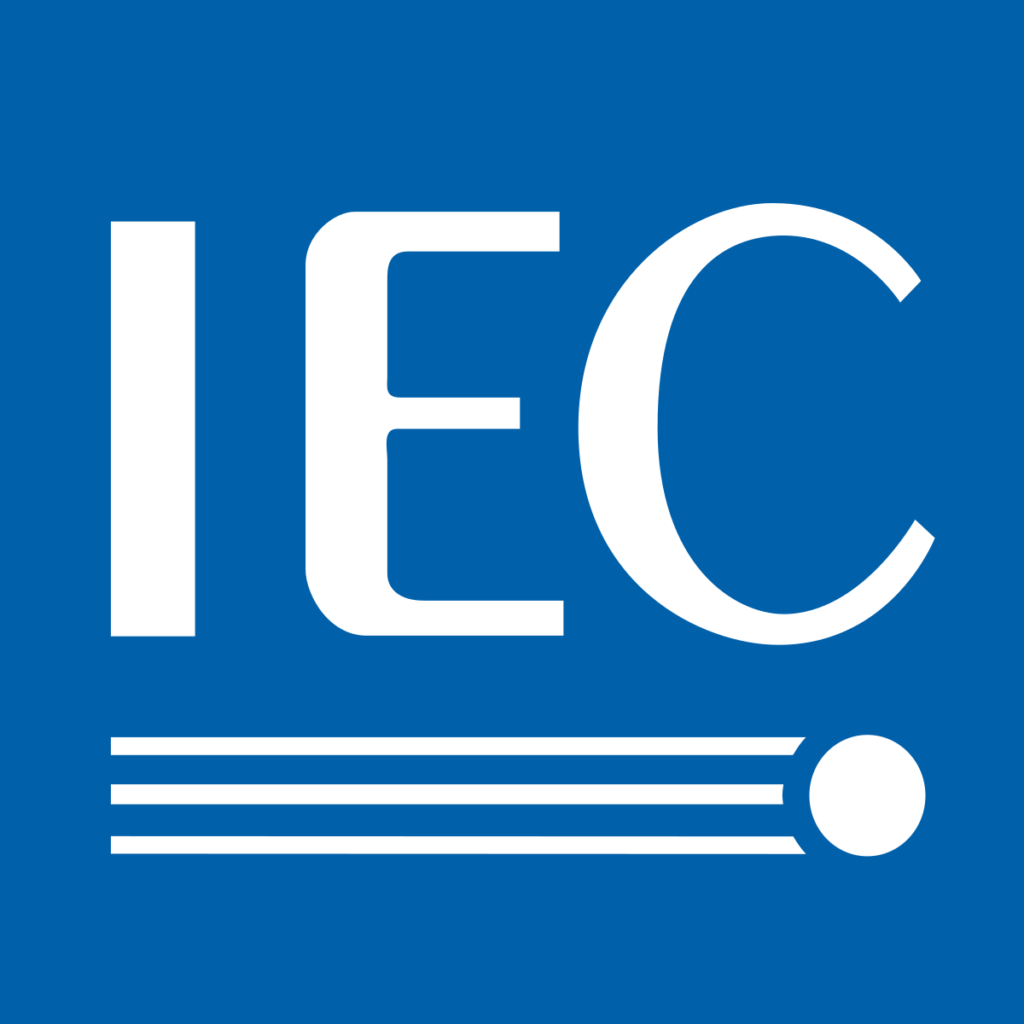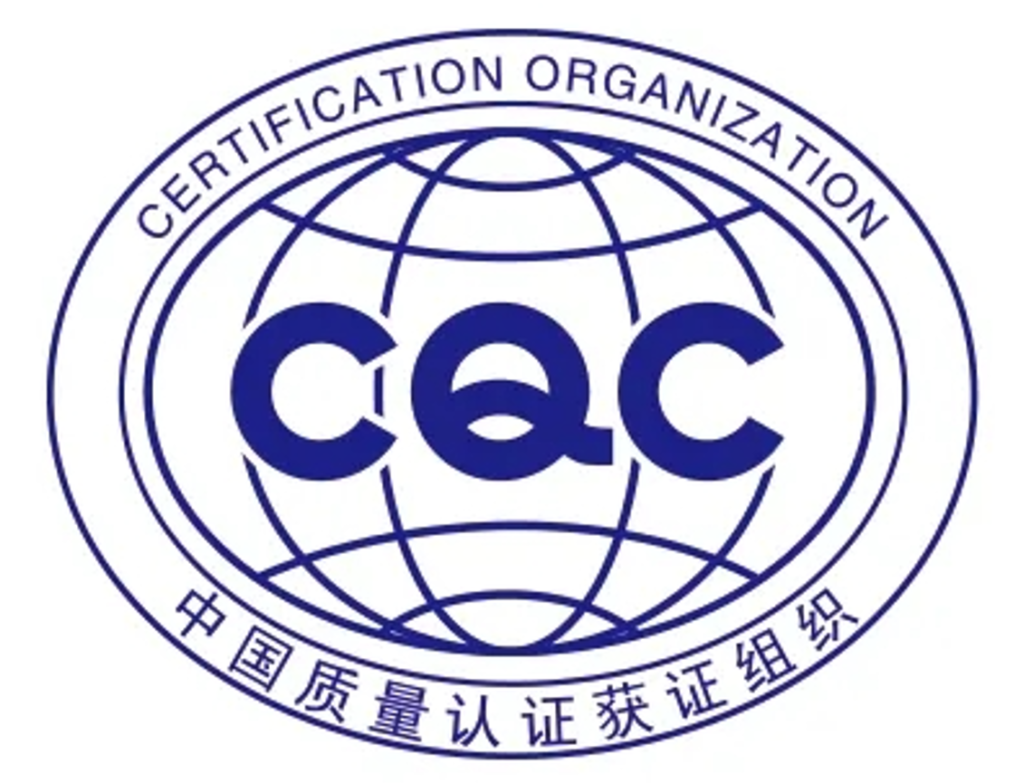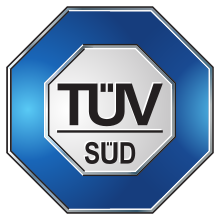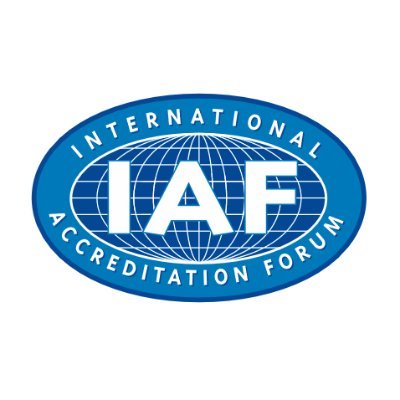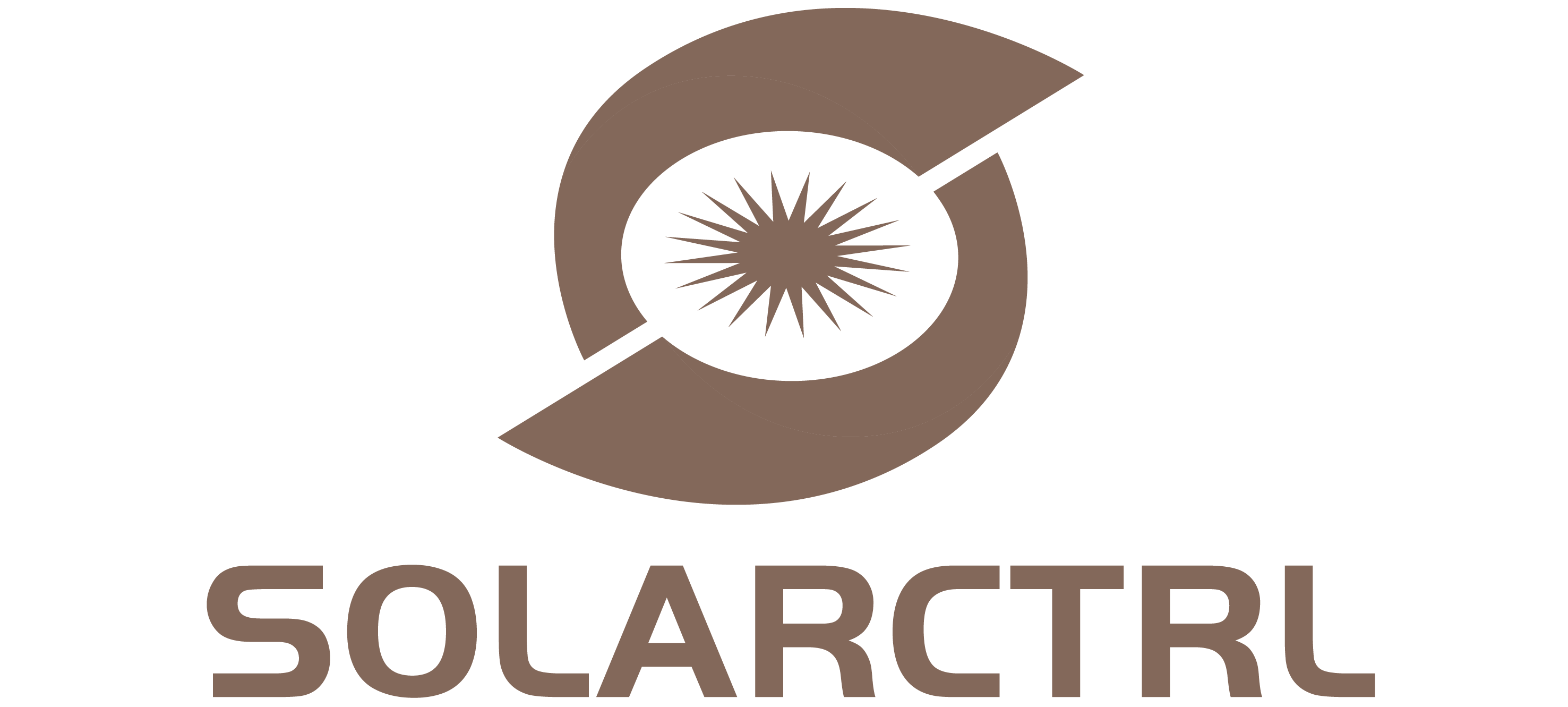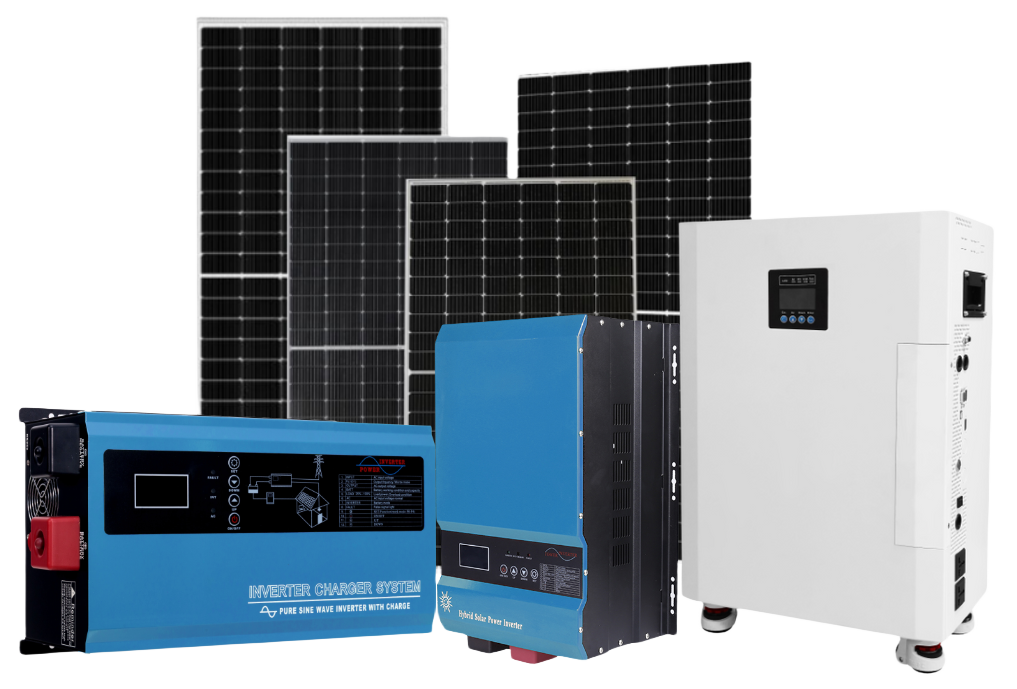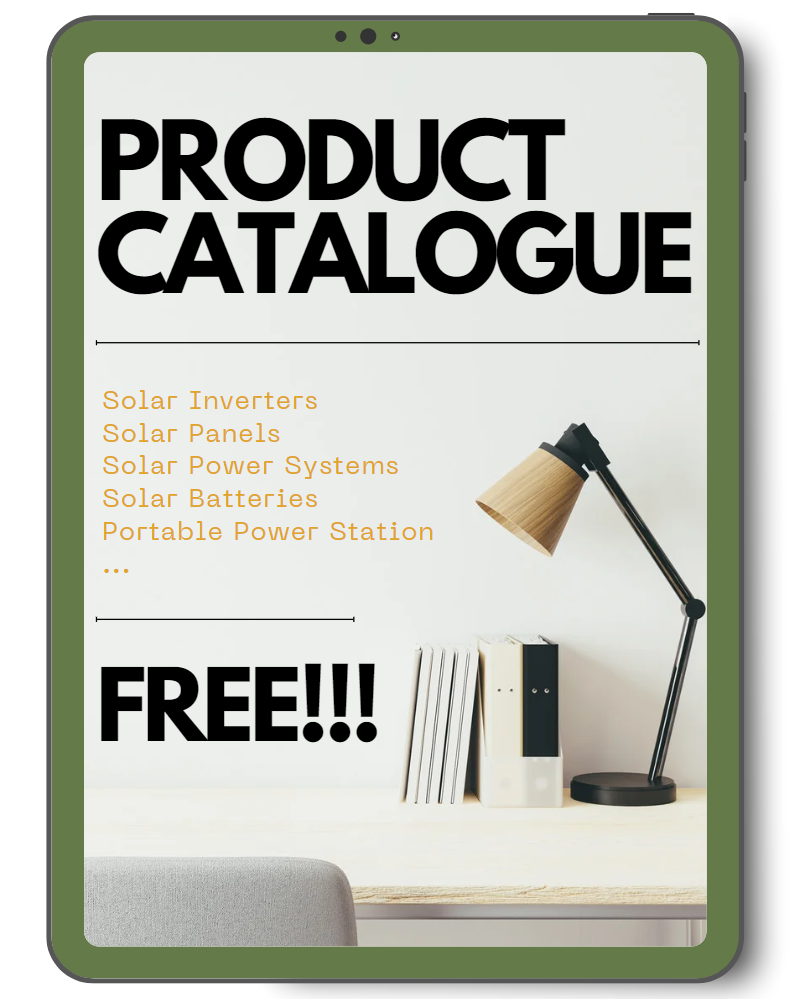Introduction
In the fast-evolving solar energy sector, solar inverters play a pivotal role. They are the heart of a solar energy system, converting the direct current (DC) generated by solar panels into an alternating current (AC) that can be used in households and businesses. But, to ensure their safety, efficiency, and compatibility with the power grid, solar inverter suppliers must adhere to a variety of certifications. These certifications cover everything from electrical safety to electromagnetic compatibility, and environmental sustainability.
In this detailed exploration, we will uncover the various certifications required, their significance, and how they shape the solar inverter market.

The Importance of Certifications for Solar Inverters
- Ensuring Safety: The foremost purpose of these certifications is to ensure that the solar inverters are safe to use. This encompasses protection against electrical shocks, fire hazards, and other operational risks.
- Guaranteeing Performance: Certifications also attest to the performance and efficiency of solar inverters. They ensure that the inverter can effectively convert solar energy with minimal losses.
- Compliance with Legal Requirements: In many countries, having certified solar inverters is a legal requirement for installation and operation. This compliance is essential for suppliers to access and operate in different markets.
- Building Consumer Trust: With certifications, suppliers can build and maintain trust among consumers. Certified products are often perceived as higher quality and more reliable.
- Global Market Access: Certifications like IEC standards facilitate market access across different countries, enabling suppliers to participate in the global solar energy market.
Why Certifications Matter to End Users
1.Guaranteed Performance
- Consistency in Efficiency: Certified inverters are rigorously tested to ensure they meet specific performance standards. This means they consistently deliver the efficiency levels promised, optimizing energy conversion and reducing waste.
- Longevity and Durability: Certifications also imply that the inverter is built to last, capable of enduring various environmental conditions without performance degradation.
2. Safety Assurance
- Mitigating Risks: Certified inverters undergo stringent safety tests, significantly reducing risks such as electrical fires or malfunctions. This assurance is vital for installations in homes and commercial spaces where safety is paramount.
- Quality of Components: These certifications often require high-quality components and manufacturing processes, further ensuring the overall safety of the product.
3. Regulatory Compliance
- Adherence to Local Standards: Certified inverters ensure compliance with local building codes and electrical standards, which is often a prerequisite for legal installations. This compliance is key to obtaining necessary permits and approvals for solar installations.
- Eligibility for Incentives: In many regions, using certified inverters is necessary to qualify for government incentives, rebates, or feed-in tariffs, making them a financially advantageous choice for consumers.

Comprehensive List of Essential Certifications
UL 1741 and UL 62109-1
UL 1741 is critical in the U.S., focusing on grid-tie inverters and ensuring they can safely disconnect during power outages.
UL 62109-1 is the safety standard for solar inverter construction.
IEC Standards
IEC 62109-1 and IEC 62109-2 are international safety standards for inverter design and manufacturing.
IEC 61727 and IEC 62116 address anti-islanding and grid compatibility, crucial for grid-connected systems.
ISO Certifications
ISO 9001 for quality management systems, ensuring consistent product quality.
ISO 14001 for environmental management, focusing on reducing environmental impact.
Regional Specific Certifications
Europe: TÜV certifications cover a range of safety and performance aspects in the European market.
U.S.: The CEC lists approved inverters for use in California, a significant solar market in the U.S.
Asia: BIS in India and similar standards in other Asian countries focus on market-specific requirements.
Additional Certifications
CE Marking in Europe indicates compliance with EU safety, health, and environmental requirements.
RoHS compliance limits hazardous substances in electrical and electronic equipment.
Delving Deeper into Key Certifications
1.UL 1741 – North American Standard
- Grid Support Functions: This certification tests functions like voltage and frequency ride-through capabilities.
- Relevance to Battery Storage: It is increasingly important as more systems integrate battery storage.
2. IEC 62109 – Global Safety Benchmark
- Wide Applicability: It covers a range of inverter types, from small residential to large commercial systems.
- Harmonization with Other Standards: Efforts are underway to harmonize IEC 62109 with regional standards like UL 1741.
3. ISO Standards – Ensuring Quality and Sustainability
- ISO 9001: Focuses on customer satisfaction and the ability to consistently provide products that meet regulatory requirements.
- ISO 14001: Encourages a systematic approach to environmental management, essential for a green technology like solar energy.

The Process of Obtaining Certifications
Step1:Application and Documentation
- Detailed Technical Submission: Suppliers begin by submitting comprehensive technical documentation. This includes design schematics, material specifications, manufacturing process details, and safety features of the solar inverters.
- Regulatory Compliance Information: Documentation must also demonstrate how the product complies with the specific standards and regulations applicable in the target market. This could involve detailed test results, safety assessments, and risk analysis reports.
- Preparation for Scrutiny: The documentation should be prepared for rigorous scrutiny, as it forms the basis for the initial evaluation by the certifying body.
Step2:Testing by Accredited Laboratories
- Independent Evaluation: Accredited laboratories, independent of the manufacturers, conduct a series of tests on the solar inverters. These tests are designed to assess various aspects like electrical safety, efficiency, durability, and environmental impact.
- Real-world Simulation: The tests often involve simulating real-world conditions to ensure that the inverters perform reliably under various environmental and load conditions.
- Compliance Verification: The focus is on verifying that the inverter complies with all the relevant standards, such as dealing with voltage fluctuations, handling different weather conditions, and ensuring user safety.
Step3:Ongoing Compliance
- Regular Audits: Once the certification is granted, the journey doesn’t end there. Regular audits are conducted to ensure ongoing compliance with the standards. This could involve periodic submissions of test data or on-site inspections by the certifying bodies.
- Renewal of Certification: Certifications have a validity period after which they must be renewed. This process often involves a review of any changes in the product design or manufacturing process and may require additional testing.
- Adaptation to Evolving Standards: Suppliers need to stay abreast of any changes or updates in the certification standards and adapt their products accordingly. Failure to do so can result in the revocation of the certification.
Challenges for Suppliers in Achieving Certifications
Constant Vigilance: Suppliers must stay vigilant to keep up with evolving international and regional standards. This often requires a dedicated team to monitor regulatory changes and ensure products remain compliant.
Rapid Technological Advancements: As solar technology rapidly advances, certification standards also evolve to encompass new technologies and risks, necessitating frequent updates to product designs and testing protocols.
Financial Burden: The process of obtaining certifications can be financially burdensome, involving fees for testing, documentation, and ongoing compliance audits. For smaller suppliers or new entrants, these costs can be particularly daunting.
Time and Resource Allocation: Beyond financial costs, significant time and resources are required to manage the certification process. This includes preparing detailed documentation, undergoing extensive testing, and ensuring continual compliance, which can divert resources from other important areas like product development and market expansion.

The Future of Certifications in the Solar Industry
Innovations in Solar Technology: As solar technology progresses, certifications must evolve to address new inverter types, such as those integrated with hybrid systems combining solar and energy storage.
Smart Grid Compatibility: With the rise of smart grids, future certifications will likely focus on the interoperability of solar inverters with these advanced grid systems, ensuring efficient energy distribution and grid stability.
Facilitating International Trade: The push for global standard harmonization aims to simplify the certification process, making it easier for suppliers to sell their products in different countries without needing multiple certifications.
Consistent Quality and Safety: Harmonized standards will help maintain consistent quality and safety benchmarks across borders, fostering consumer trust and aiding the global expansion of solar technologies.
Conclusion
In conclusion, the journey of solar inverter certifications is a complex but essential path that companies like SolarCtrl navigate to ensure the highest standards of quality, safety, and efficiency in their products. As we look to the future, SolarCtrl remains committed to adapting to evolving technologies and the global harmonization of standards, ensuring that our products not only meet but exceed the expectations of our customers and regulatory bodies. By staying at the forefront of these changes, SolarCtrl is dedicated to contributing to a sustainable and reliable solar energy future, bringing innovative and certified solar solutions to the market.
